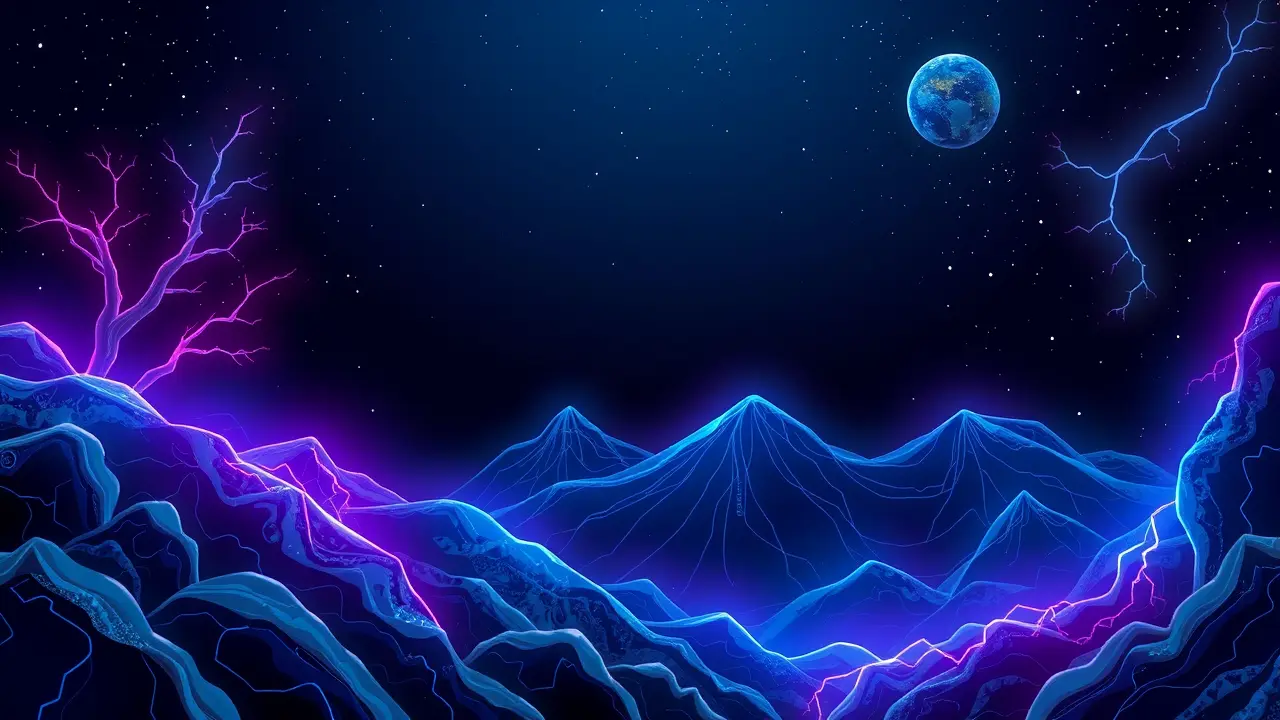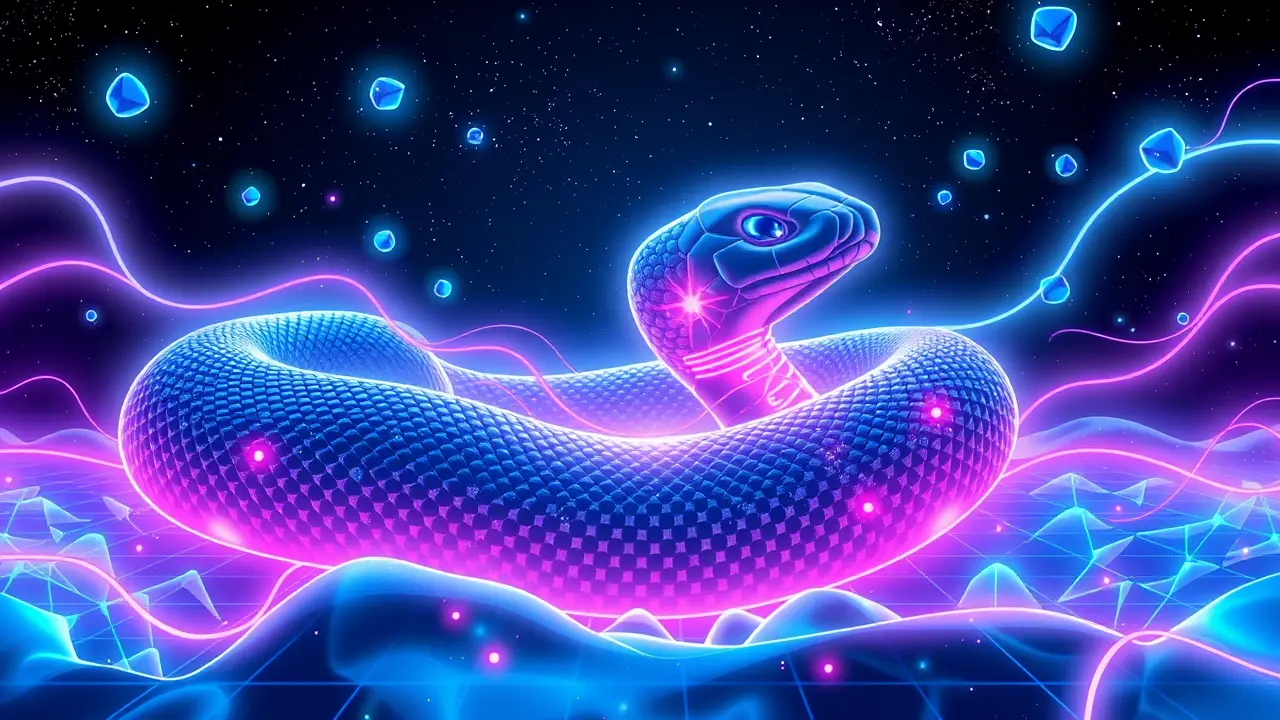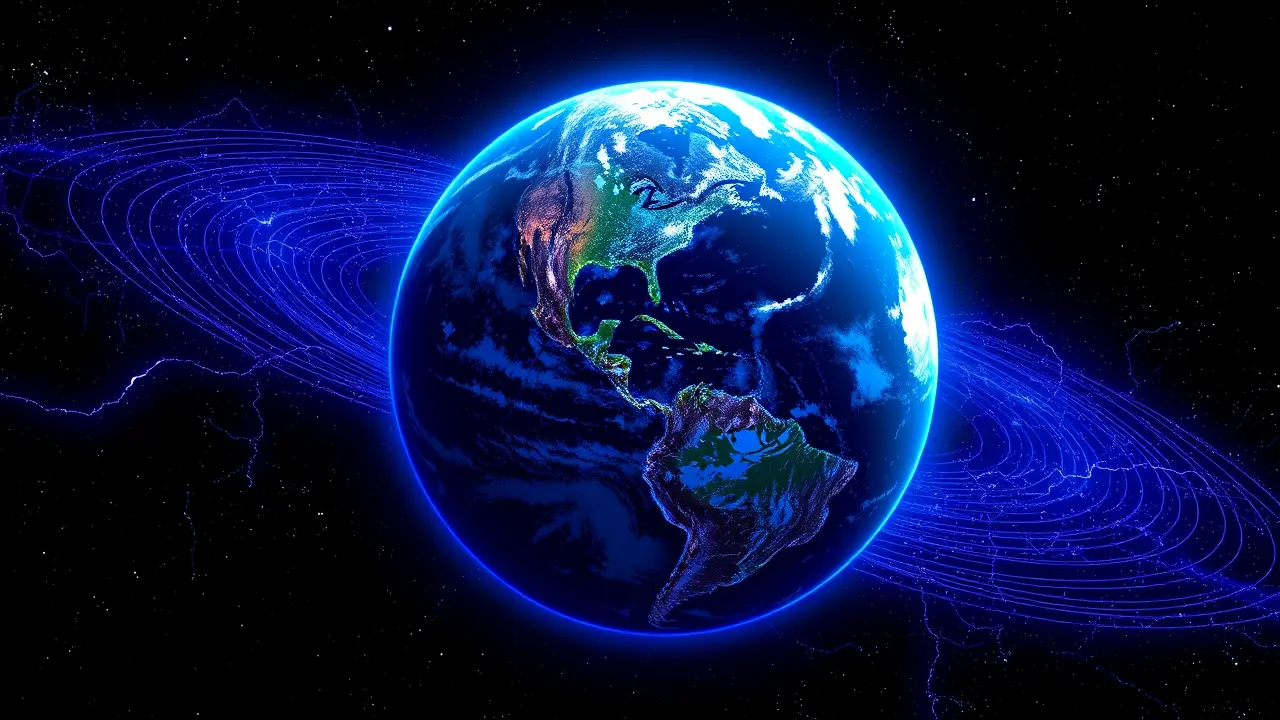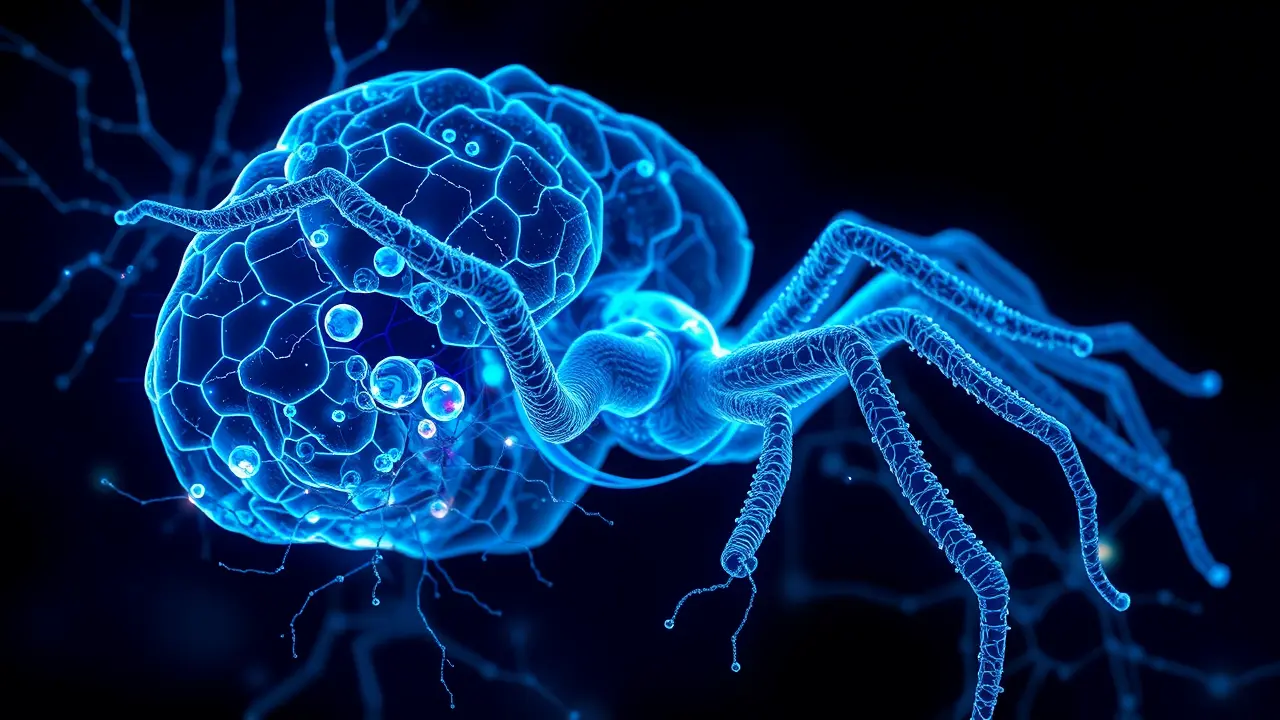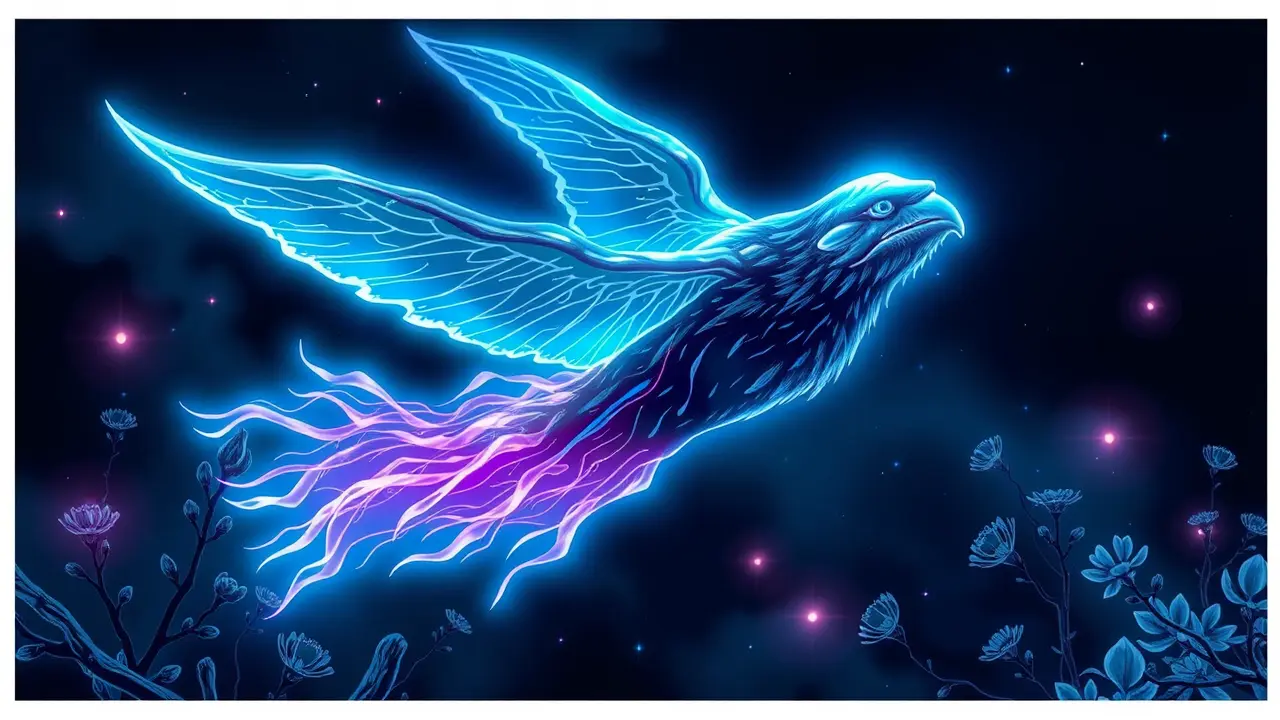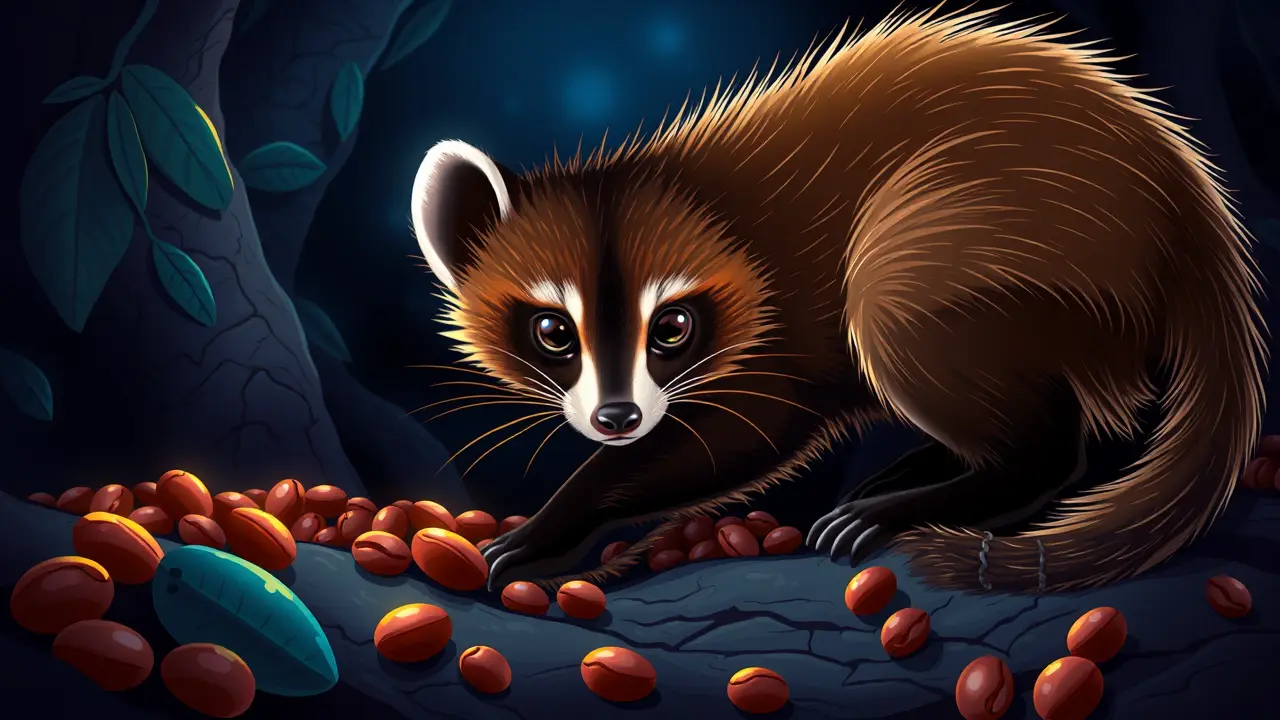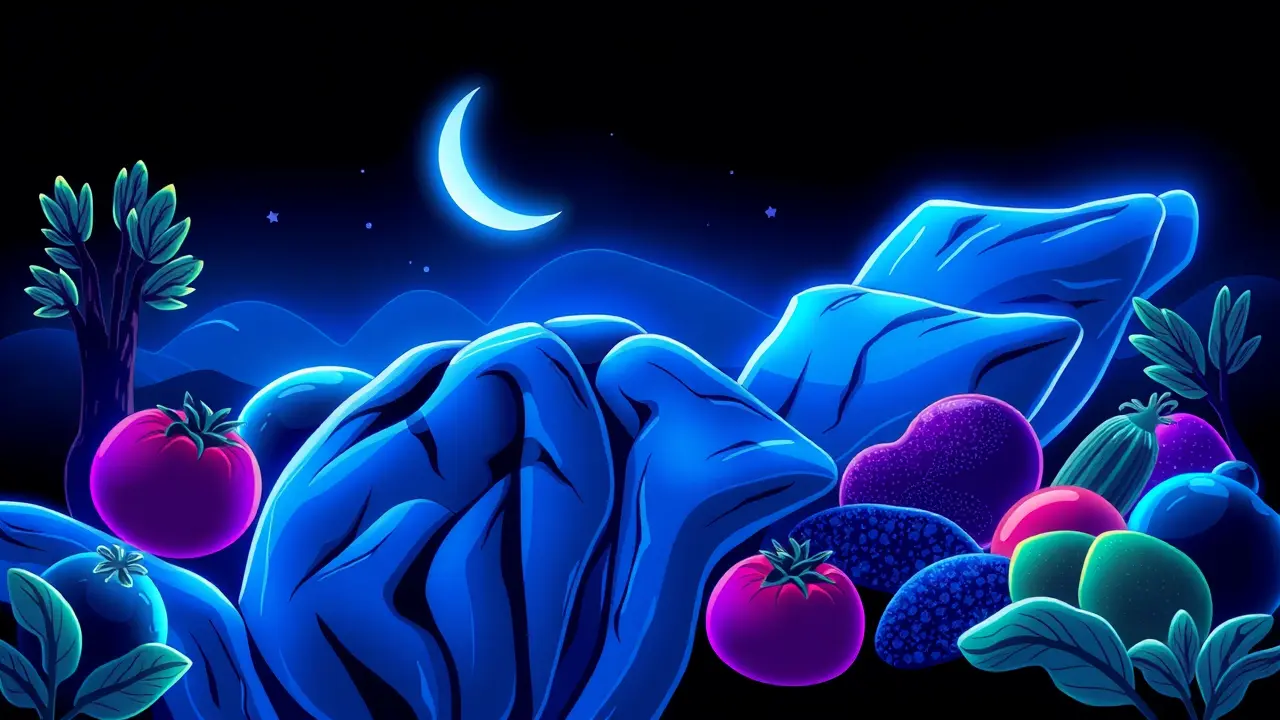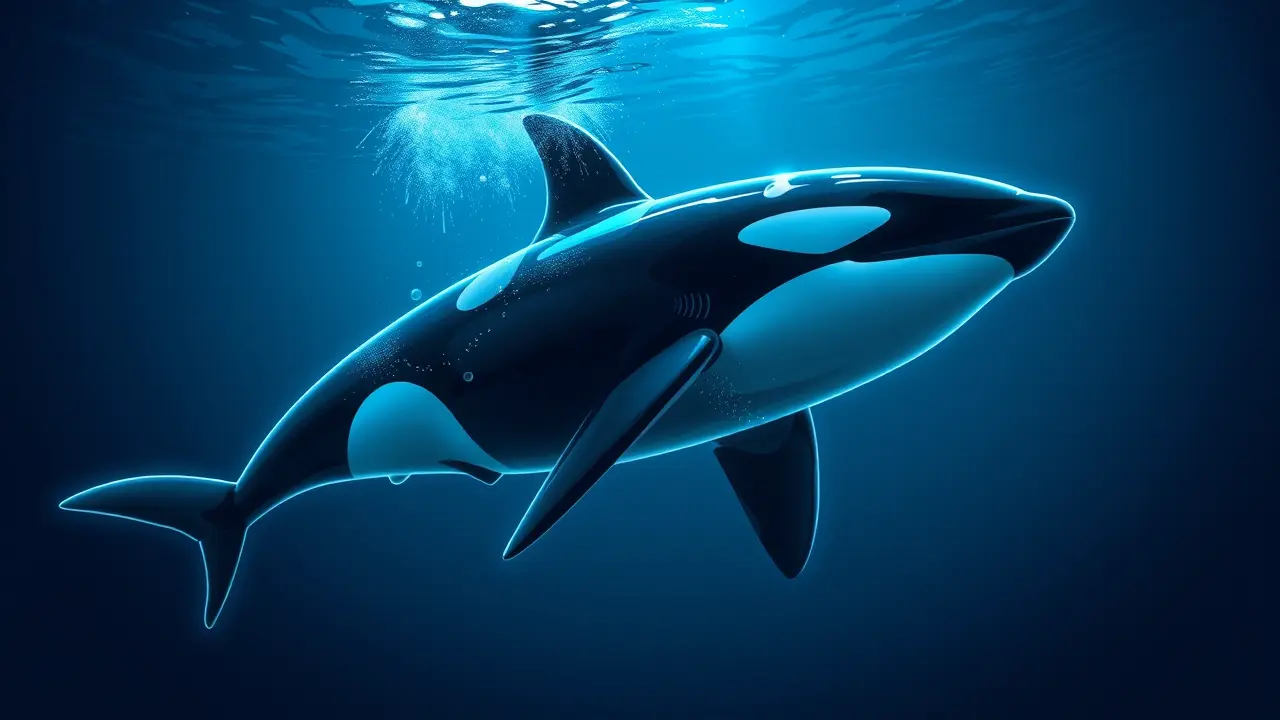
SciencebiologyMarine Biology
Orcas Paralyze Great White Sharks to Eat Their Livers
RA
Rachel Adams
15 hours ago7 min read
In the stark, blue waters of the Gulf of California, a marine drama of unprecedented efficiency and brutality is unfolding, one that challenges our very understanding of the ocean's delicate hierarchy. Researchers have meticulously documented a specific pod of orcas, these black-and-white titans of the deep, that has developed a chillingly precise culinary preference: the energy-rich livers of juvenile great white sharks.This isn't a chaotic battle of brute force; it is a calculated, almost surgical hunting strategy that reveals a staggering level of intelligence and social coordination. The method is as unsettling as it is effective.Working in concert, the orcas target a shark, using their powerful bodies to flip the cartilaginous predator upside down, a maneuver known as tonic immobility. This action induces a trance-like state of paralysis in the shark, rendering the so-called apex predator completely helpless.With the shark immobilized, the orcas then perform their macabre surgery, deftly tearing out the nutrient-dense, oily liver and often leaving the rest of the carcass to drift down into the abyss, a ghostly testament to their selective palate. This behavior is more than a mere anecdote; it is a significant ecological shift with profound implications.The great white shark has long reigned as an untouchable symbol of oceanic terror, but these orcas have systematically dethroned them, demonstrating a form of cultural knowledge that is passed through the pod. Scientists posit that this specialized hunting technique is a learned behavior, not an innate instinct, suggesting a level of cultural transmission once thought to be the exclusive domain of humans.The ramifications ripple through the entire marine ecosystem. In areas where these orca pods hunt, great white sharks have been observed fleeing their traditional territories, creating a vacuum that disrupts the entire food web.The absence of these top predators allows mid-level species like seals to proliferate unchecked, which in turn decimates populations of smaller fish, altering the balance of the underwater world in ways we are only beginning to comprehend. This phenomenon forces a sobering reflection on the impact of human activity. As climate change and overfishing deplete traditional orca food sources like salmon and sea lions, are we witnessing an intelligent adaptation, a necessary pivot to alternative, albeit more dangerous, prey? The image of a paralyzed great white, being meticulously dissected for its liver, is a powerful and grimly beautiful reminder of the ocean's raw, intelligent, and unforgiving nature, a scene that underscores the urgent need for a deeper, more respectful understanding of the complex lives thriving beneath the waves.
#orca
#great white shark
#hunting behavior
#marine predation
#biology
#featured
Stay Informed. Act Smarter.
Get weekly highlights, major headlines, and expert insights — then put your knowledge to work in our live prediction markets.
Related News
© 2025 Outpoll Service LTD. All rights reserved.
